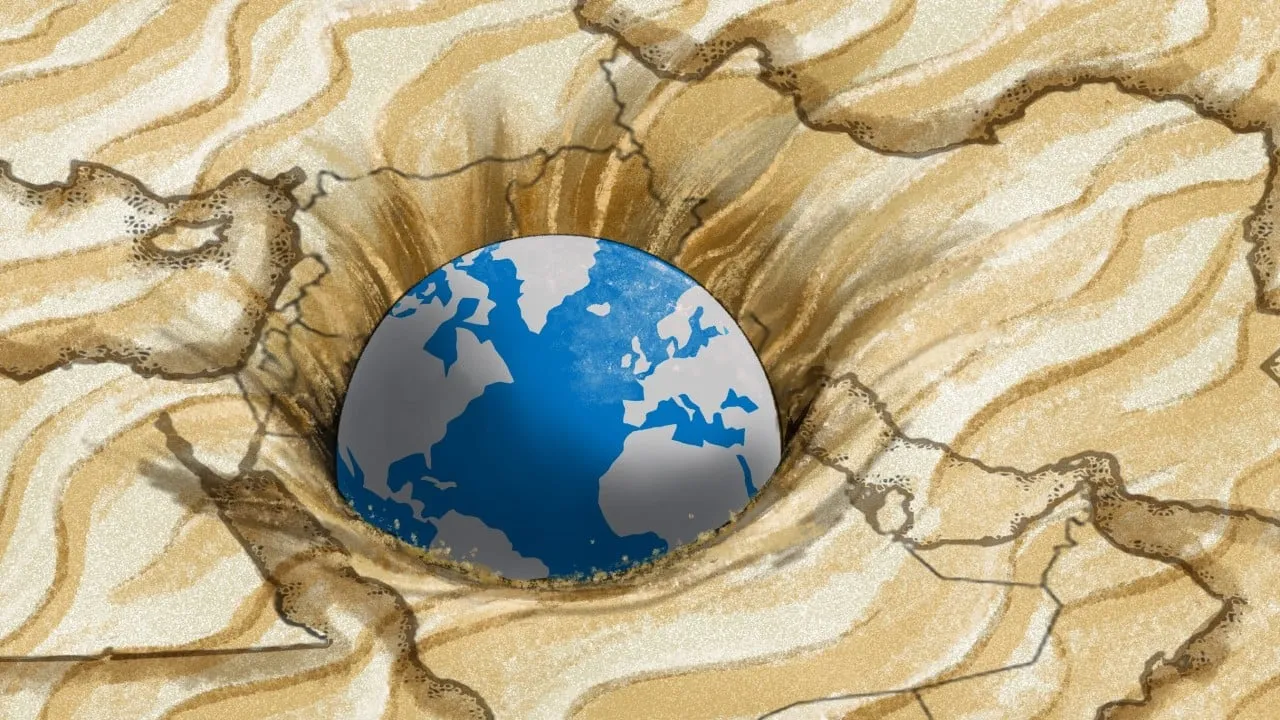Houthis, Oil, and Natural Gas: Implications on Energy Prices and Global Economies

Impact of the Houthi Movement on Oil and Natural Gas Prices
The Houthis have escalated tensions, resulting in significant oil and natural gas price volatility. With Lebanon facing the full brunt of an Israeli invasion, these geopolitical shifts raise serious concerns about energy supply disruptions in the region.
The Straits of Hormuz and Global Supply Chains
Controlling the Strait of Hormuz is crucial as over 20% of world oil shipments pass through. Any military action here could cripple energy flows and disrupt global trade.
- Iran's military posturing threatens oil supplies.
- Continued attacks by Houthi forces could paralyze major shipping routes.
- Global demand for oil might wane amid rising energy alternatives.
Economic Analysis by International Monetary Fund
The International Monetary Fund warns that hostilities in the Middle East lead to long-term economic impacts, as seen in past conflicts. As oil prices rise, economies reliant on Middle Eastern supplies face severe challenges:
- This volatility can trigger a broader economic downturn.
- Countries dependent on energy imports are the most vulnerable.
Global Economic Ramifications
The recent spikes in oil prices have already begun to impact global growth, currently projected at only 2.6% for this year.
Future Trends and Market Predictions
Overall, the shifting dynamics in the Middle East will exacerbate economic uncertainty. The extent of energy price volatility is expected to increase, affecting investor confidence and the ability of nations to respond.
This article was prepared using information from open sources in accordance with the principles of Ethical Policy. The editorial team is not responsible for absolute accuracy, as it relies on data from the sources referenced.